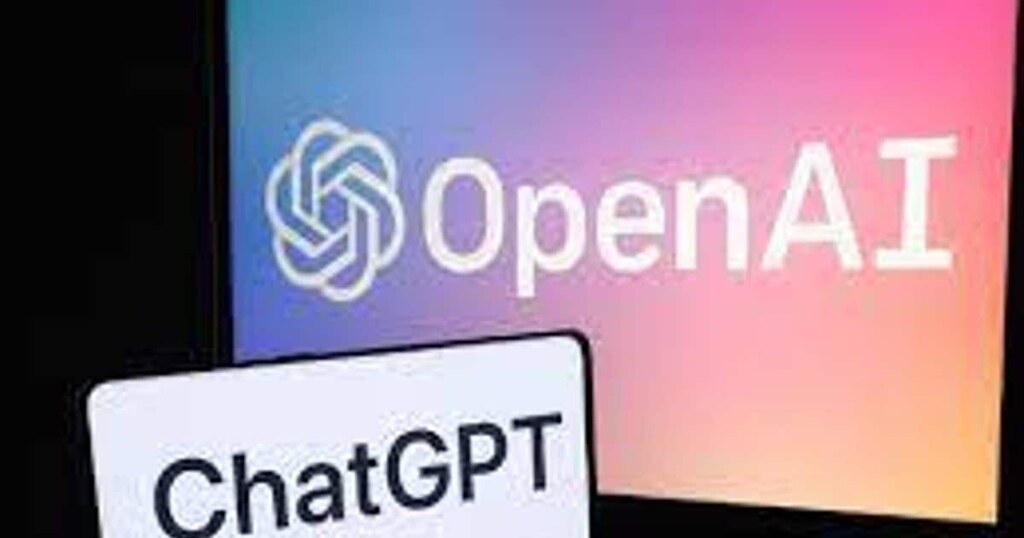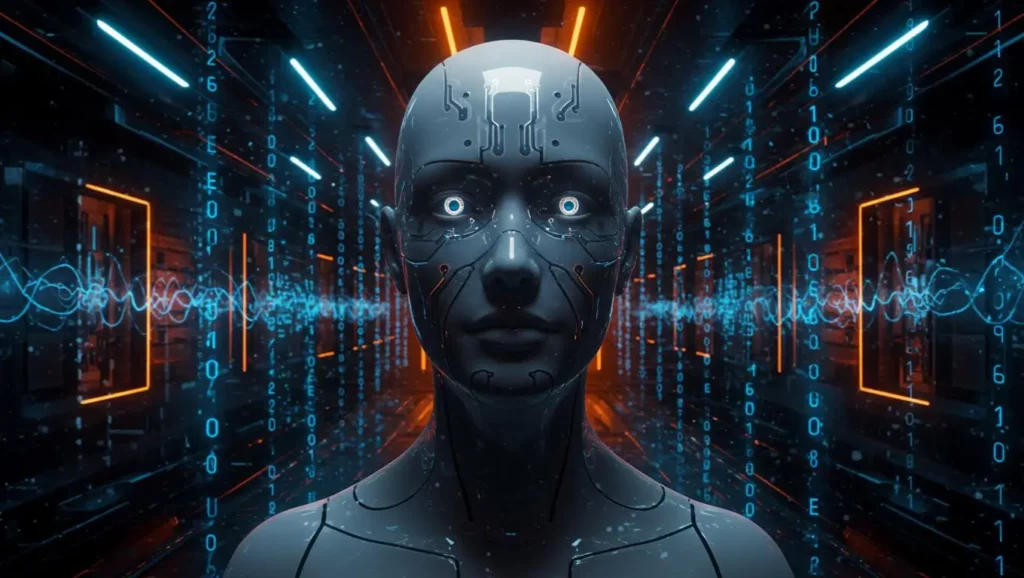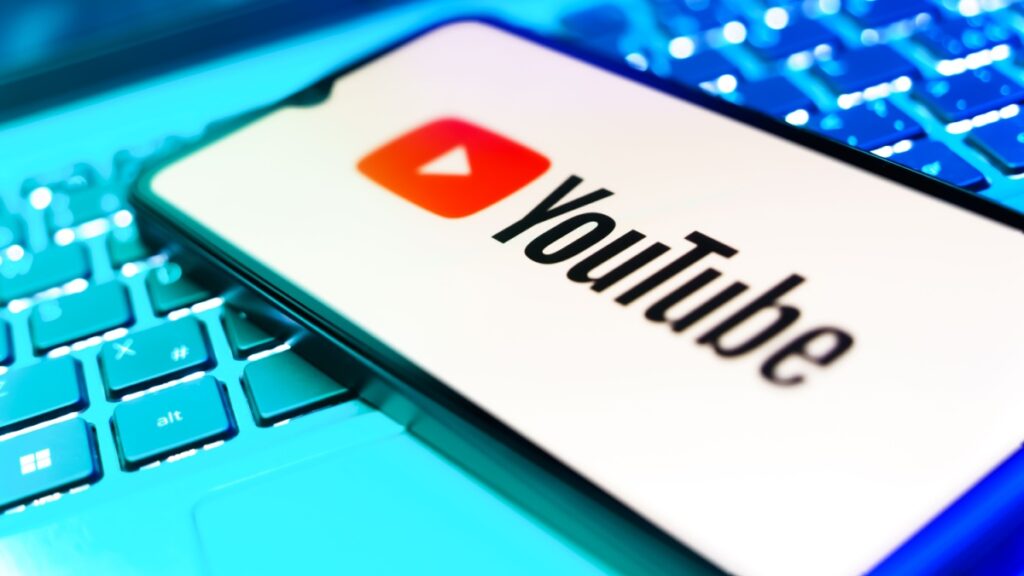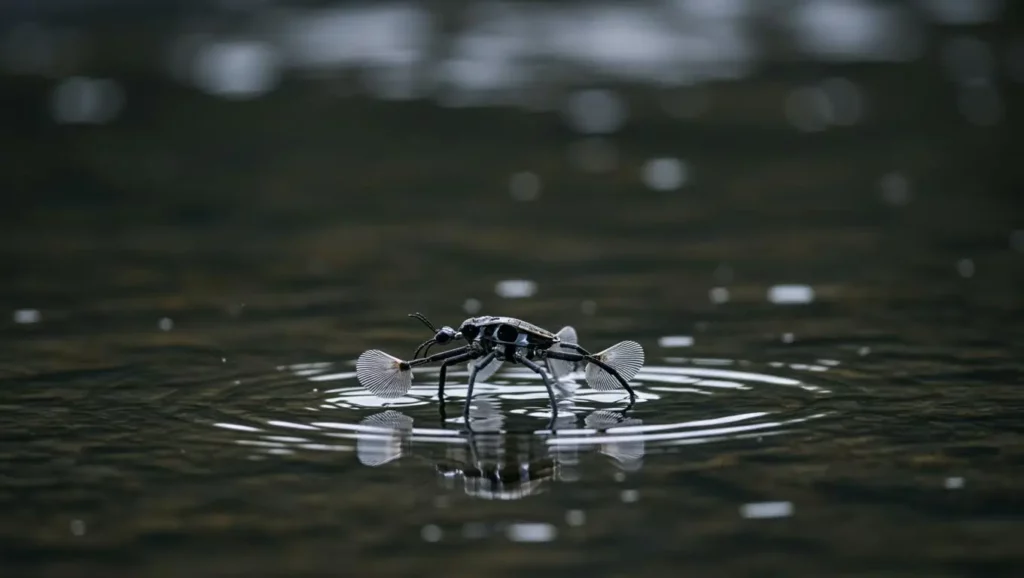Artificial intelligence is already reinventing how we write, draw, and film. Now it is tackling a new highly symbolic territory: music. If OpenAI is indeed developing an AI capable of composing on demand, what future is left for musicians, composers, and sound artists?
OpenAI is working on a musical AI capable of creating pieces from text or audio
A persistent rumor, relayed by The Information and TechCrunch, suggests that OpenAI is developing an artificial intelligence capable of composing music from a simple text or audio prompt. Imagine: you type “a melancholic folk ballad with vocal harmonies,” and the AI delivers a complete piece.
This is not coming out of nowhere. OpenAI has already experimented with music through MuseNet and Jukebox, but this would be a more advanced, accessible technology, likely integrated into Sora, its video generator. The idea? To automate the entire audiovisual creation process, including music. And to train its future AI, OpenAI is reportedly collaborating with students from a prestigious American music school. In other words: the die is cast.
If this AI becomes a reality, what risks does it pose for musicians?
Let’s be honest: the arrival of this technology could shake many foundations. A composer who takes 15 days to create a piece versus an AI that does it in 30 seconds? It’s hard to compete in terms of productivity. And what about music generated on the fly for ads, games, and social media videos?
More seriously, some are questioning the training data. If the AI learns by ingesting existing tracks without permission, this raises serious copyright and ethical concerns. Then there’s the symbolic value: can a melody generated by a machine match the intention of an artist, their flaws, and intuitive choices?
What if this same AI opened unexpected opportunities for creators?
But not everything is bleak. I once had to use AI to test a melody for a project video. The result? A solid foundation… that I quickly remixed, arranged, and twisted. The tool does not replace; it catalyzes.
This technology could allow artists to prototype, explore new styles, and save time. Moreover, the more prevalent AI becomes, the more the audience will seek authenticity, sensitivity, and life. The musician could then leverage this differentiating factor as a poetic resistance.
New professions might emerge: musical prompt designer, sound AI curator, or even “augmented composer.” Labels may perhaps offer hybrid albums: AI + human, in full transparency.
Artists still have a chance, provided they adapt and assert their humanity
So, are artists doomed? I don’t believe so. But their profession is changing, irreversibly. Those who can embrace these tools to enrich their creativity will have an edge. Those who focus on the human value of their music will, too.
We are entering an era where AI can compose. But it cannot feel, doubt, remember, or dream. Perhaps that is the key.




